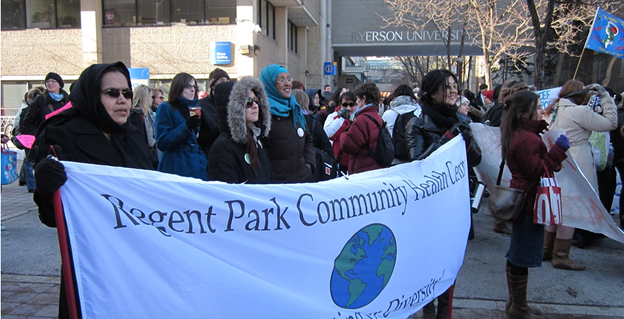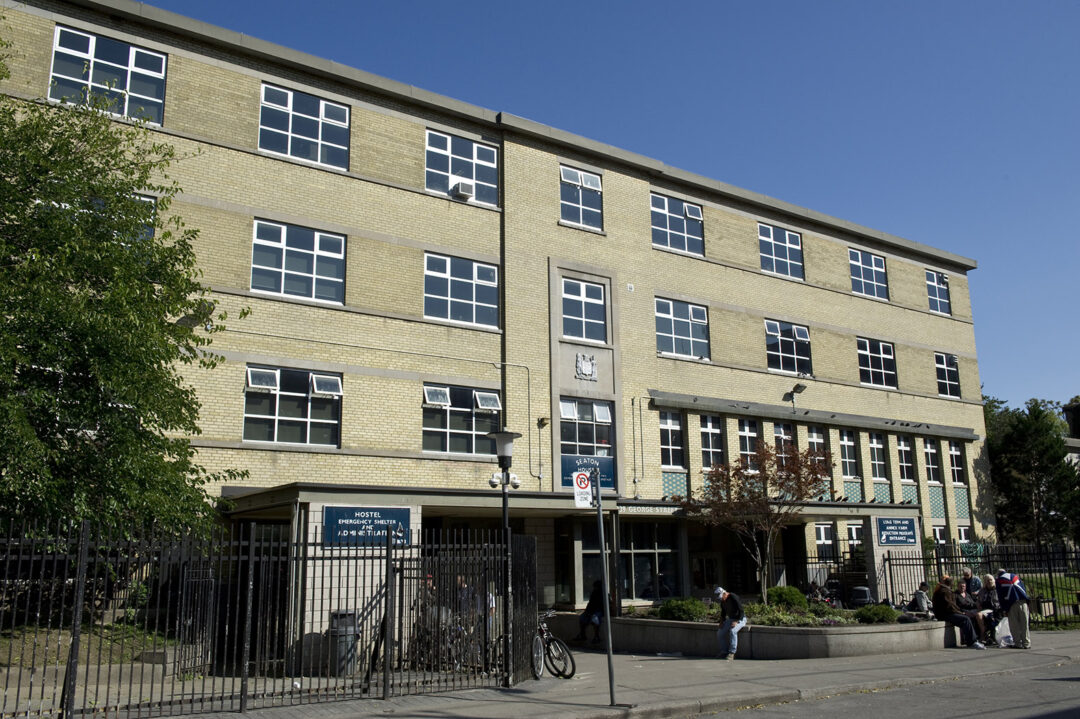By Andre Bermon & Laura Hull –
According to documents obtained by the bridge, the Ontario Land Tribunal intends to dismiss Regent Park activist Walied Khogali Ali’s appeal on a recent rezoning change for the last two phases of the Regent Park revitalisation plan. As it stands, the city has approved an exemption from the new definition of affordable housing that advocates say will greatly reduce affordability in the redeveloped Regent Park.
“My appeal is focused on a specific bylaw called Official Plan Amendment (OPA) 558, which updated the definitions of affordable housing, affordable ownership housing, and mid-range rents,” said Ali.
City Council approved OPA 558 in November 2021 and applied it across the city in December. The amendment changed the previous Official Plan definition of affordable housing from one based on a percentage of average market rent to one calculated by income. As stated on the City’s website, rent ascribed to the new affordable housing definition should be no more than 30 per cent of tenants’ before-tax monthly income.
In September 2022, a group of developers appealed the amendment to the Ontario Land Tribunal. The arbitration verdict, announced in February 2023, upheld the city’s right to implement the change – but not on the development sites associated with the appellants.
In the case of Regent Park, the rezoning approved by Council in July 2023 for Phases 4 and 5 includes 637 net-new affordable housing units. This is in addition to the replacement units of Regent Park’s previous rent-to-geared housing. As part of the rezoning process the city chose not to assert OPA 558 as part of the approval. In fact, the bridge was not able to find any housing site where OPA 558 was implemented. Considering Regent Park’s massive potential for affordable housing, this lost opportunity has angered housing advocates in the community.
“The application for rezoning does not respect the bylaw,” explained Ali. ‘So, I’m challenging the fact that they’re not implementing OPA 558, or they have not included a clause in the approval of the rezoning application, mandating [the City’s] subsidiary Toronto Community Housing, and its developer partner to basically follow the bylaw.” Toronto residents support the new definition of affordability based on income, not market rents, he argues.
“Who are we building housing for?” Ali asks. Regent Park “was a predominantly social housing community. Now, it’s 70% market housing, and [only] 30% are rent-geared-to-income or social housing,” said Ali.

Walied Khogali Ali, Regent Park housing advocate.
“These new developments have completely shifted the commitments made by TCHC, the city and other stakeholders that there will be no displacement of residents.” Under the new definition, residents will need to earn $95,000 to live in a one-bedroom home, Ali said. “It’s basically displacement through policy provisions.”
The Tribunal decision on Ali’s appeal is not final. Ali said he’s trying to find the right avenues to respond and have the appeal upheld.
As the bridge has reported in the past, phases 4 and 5 of the Regent Park revitalisation plan covers the land along Gerrard Street from Dreamers Way to River Street. Toronto Community Housing Corporation and private developer Tridel Group are working together in developing this project.




